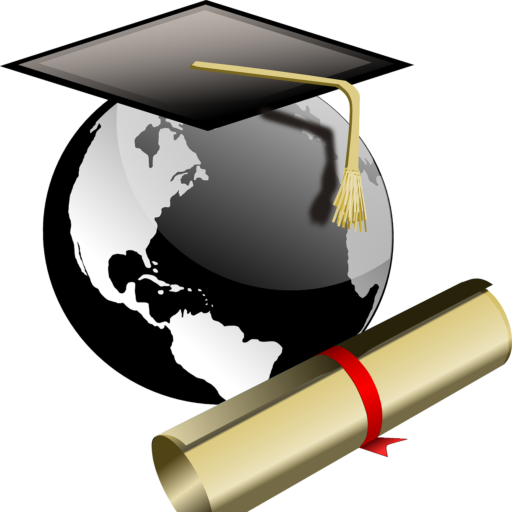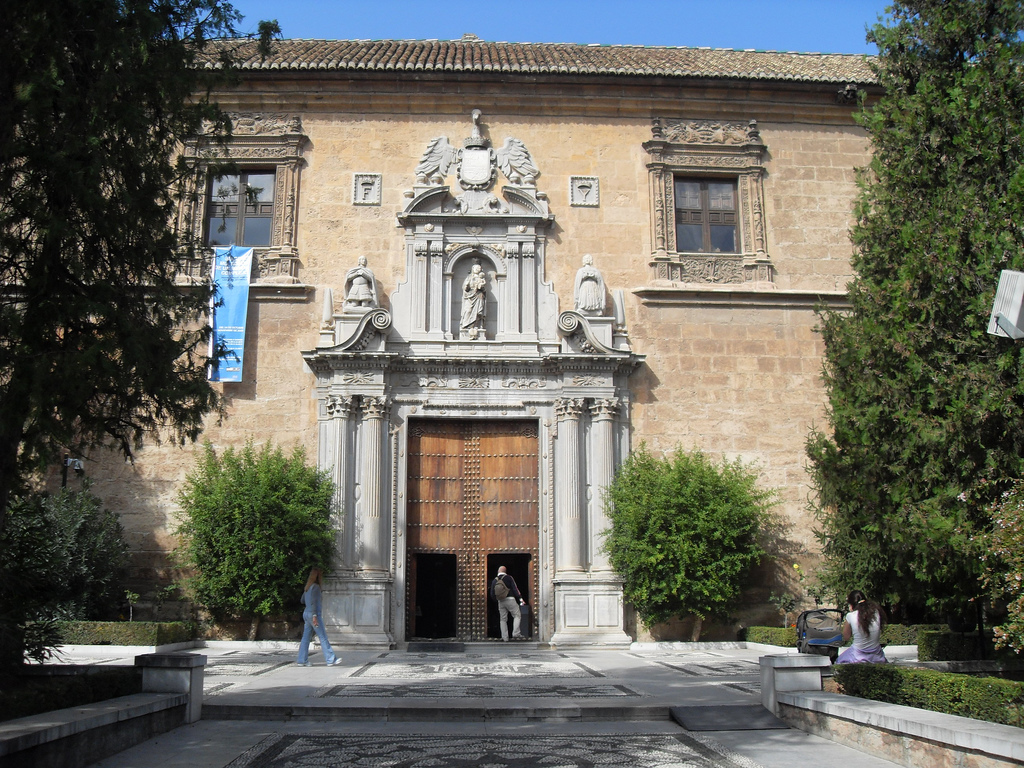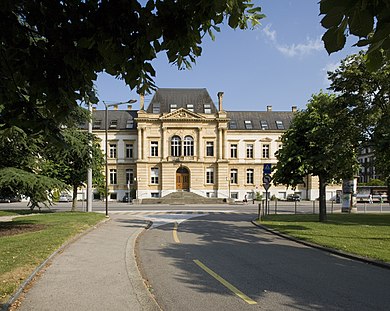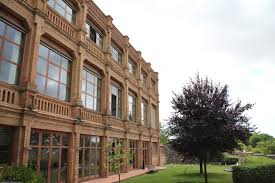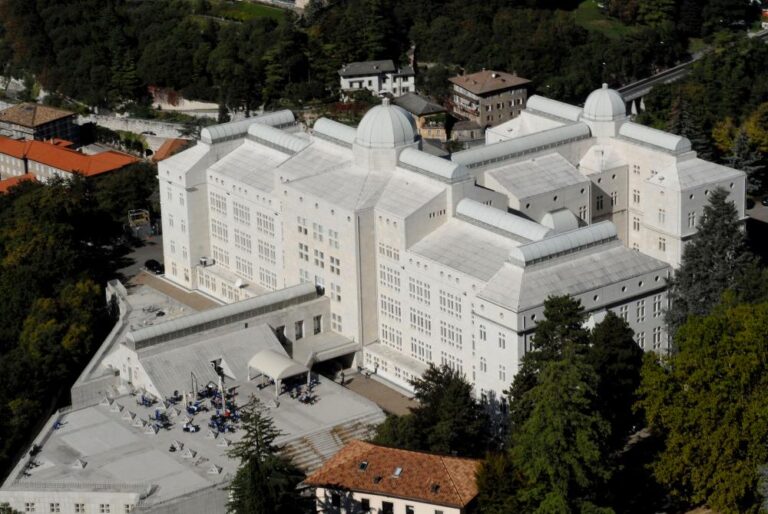Tuning model colloidal gels by external magnetic fields Applications in Tissue Engineering
Main location: F2N2Lab & Magnetic Soft Matter Group, University of Granada, Granada, Spain
Context- The Ph.D. project is part of the EU Doctoral Network “CoCoGel,” which aims to provide integrated training for young researchers in the field of Soft Matter and related Industrial Applications. The network involves leading experts in six academic and six industrial nodes and pertains to state-of-the- art expertise in experimental techniques, computer simulations, and industrial systems. The project is focused on colloidal gels that are core components in many industrial products, including building materials (e.g., cement), energy materials (e.g., batteries and fuel cells), consumer care and food products, and medicine. Recent advances in colloidal-gel physics strongly imply that the rational design of colloidal- gel properties is within reach. This design is based on tuning gel microstructure via external stimuli, such as shear, ultrasound, and (magnetic/electric) fields, and the addition of non-Brownian inclusions. CoCoGel aims to enable the translation from the current academic state of the art to industrial practice.
Ph.D. project- Within the European doctoral network “CoCoGel,” a Ph.D. position is available at the University of Granada in collaboration with Nanogetic and CNRS to generate magnetic colloidal gels in a self-healing hydrogel matrix by applying unsteady, superimposed triaxial magnetic fields. The gels will comprise model magnetic systems and conventional non-magnetic gels containing magnetically stimulated inclusions. The types of magnetic input used to achieve these gels will include rotating. precessing, and pulsed 3D fields with excitation frequencies up to 2 kHz. The particle-based structures generated in this manner will serve as a scaffold for cells that are embedded in the hydrogel prior to formation. The colloidal scaffold will guide the cells to grow and form functional, anisotropic structures. Rheological tests of the matrices, gels, and cell-gel composites will be carried out under triaxial unsteady fields in an inverted high-speed confocal rheomicroscope. The candidate will spend 18 months at Nanogetic (Granada, Spain) to receive training on cell viability, proliferation and differentiation and 1 month at CNRS for hands-on experience in rheo-microscopy and image analysis.
Candidate profile- The candidate should hold a Master’s degree in Physics, Materials Science, Bioengineering, or a related field. Prior knowledge of magnetic colloids, cell biology, image analysis and/or rheology will be a good asset. The candidate should not have resided in Spain for more than 12 months in the 36 months preceding recruitment.
Dates & remuneration- 3 years starting in June-September 2024. Gross salary: 3000 to 3500€ per month.
Contact- Applications must be submitted to J. de Vicente (jvicente@ugr.es) and the program manager (cocogel@iesl.forth.gr) and include a motivation letter, Curriculum Vitae and Academic Records. Please contact vicente@ugr.es if you need more information using “COCOGEL DC3 application” as email subject.
Deadline for applications: 30 April 2024, Starting date: June-September 2024
